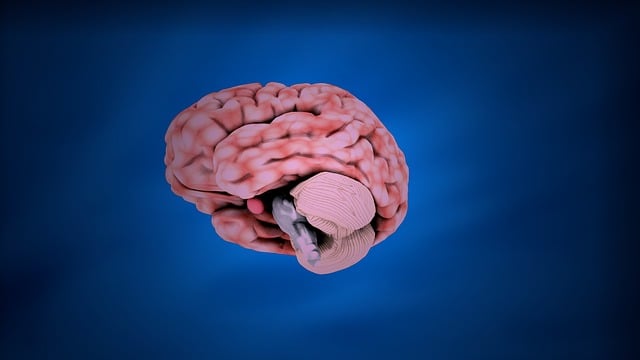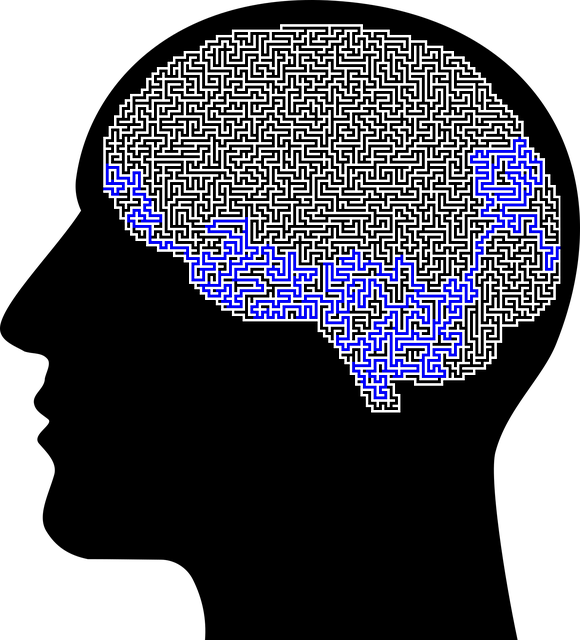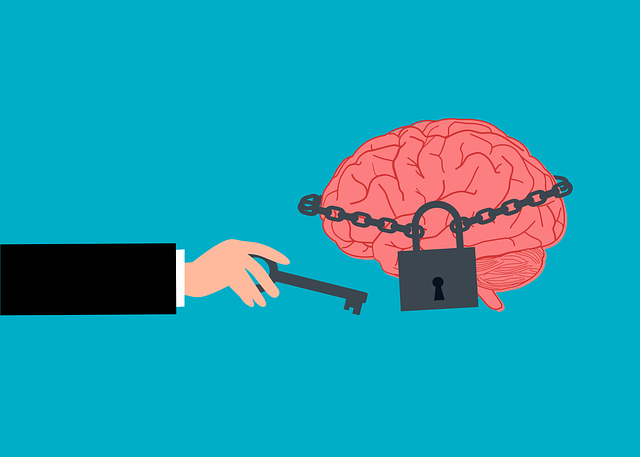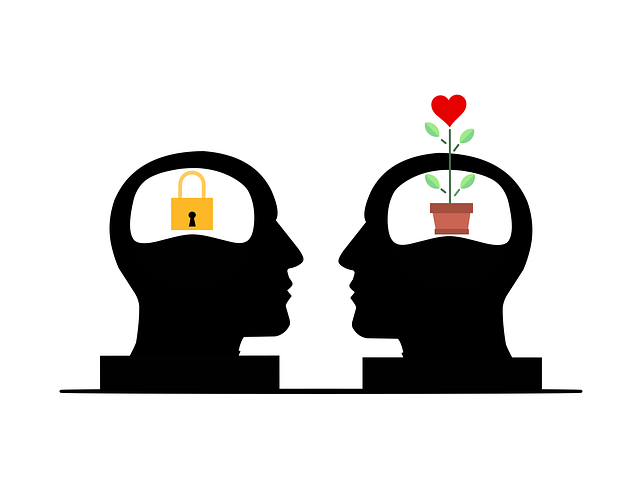Mental wellness journaling, enhanced by techniques from Lone Tree Acceptance and Commitment Therapy (ACT), is a powerful self-reflection tool that promotes personal growth and emotional well-being. Regular journaling fosters self-acceptance, self-compassion, and mindfulness, helping individuals manage stress and anxiety while uncovering thought patterns. ACT's non-judgmental approach encourages observing thoughts and emotions impartially, leading to better mental health management and reduced strain on support systems. Creating a dedicated journaling space and using techniques like the "What, How, Why" method and mindfulness exercises can significantly contribute to mental health policy analysis and advocacy, empowering individuals to navigate emotional challenges effectively.
Unwind your mind and embark on a journey of self-discovery with mental wellness journaling. This powerful practice, backed by evidence from Lone Tree Acceptance and Commitment Therapy (ACT), offers a sanctuary for processing thoughts and emotions. In this article, we’ll guide you through establishing a therapeutic routine and exploring effective journaling techniques to cultivate resilience and enhance overall mental wellbeing. Dive into these practices to nurture your inner peace.
- Understanding Mental Wellness Journaling: A Foundation for Self-Reflection
- The Role of Lone Tree Acceptance and Commitment Therapy (ACT) in Journaling Practices
- Creating a Therapeutic Routine: Setting Up Your Journaling Space
- Effective Journaling Techniques to Enhance Mental Wellbeing
Understanding Mental Wellness Journaling: A Foundation for Self-Reflection

Mental wellness journaling is a powerful tool for self-reflection and personal growth, serving as a safe space to explore thoughts and emotions. It involves documenting experiences, feelings, and insights in a private journal, fostering a deeper understanding of oneself. This practice is not just about recording daily events; it encourages individuals to delve into their mental landscapes, uncover hidden patterns, and cultivate awareness. By reflecting on both positive and challenging experiences, one can develop greater self-acceptance, crucial for Lone Tree Acceptance and Commitment Therapy (ACT).
Through regular journaling, individuals engage in compassion cultivation practices, learning to treat themselves with kindness and understanding. This self-compassion is a game-changer when it comes to managing stress and anxiety, often the root causes of various mental health issues. The process can also facilitate the identification of triggers and thought patterns, enabling individuals to develop effective coping strategies. With dedicated Mental Wellness Coaching Programs Development, one can learn to harness the potential of journaling as a lifelong practice for enhancing overall well-being and promoting Anxiety Relief.
The Role of Lone Tree Acceptance and Commitment Therapy (ACT) in Journaling Practices

Lone Tree Acceptance and Commitment Therapy (ACT) offers a unique perspective on mental wellness journaling, emphasizing the importance of accepting one’s thoughts and emotions without judgment. This therapeutic approach encourages individuals to observe their internal experiences as they are, fostering a sense of detachment from negative thought patterns. By practicing ACT-inspired journaling, users can develop a more flexible mindset, reducing the grip of distressing thoughts and behaviors commonly associated with depression prevention.
Incorporating ACT principles into journaling practices promotes self-awareness and mindfulness. Individuals are guided to explore their values, identify actions that align with them, and accept the inevitable ups and downs of life. This process is crucial for mental health policy analysis and advocacy as it equips individuals with tools to navigate emotional challenges, potentially reducing the burden on support systems and healthcare services.
Creating a Therapeutic Routine: Setting Up Your Journaling Space

Creating a dedicated journaling space is an essential step in establishing a therapeutic routine for mental wellness. This practice, inspired by concepts like Lone Tree Acceptance and Commitment Therapy (ACT), encourages individuals to connect with their emotions and thoughts regularly. Start by finding a quiet area where you can sit comfortably and uninterrupted for at least 15-20 minutes each day. Your journaling space should be free from distractions, allowing your mind to focus solely on the healing process. Consider adding elements that promote emotional healing processes, such as soothing lighting, plants, or objects that hold personal significance.
This setup serves as a sanctuary where you can openly explore and reflect on your mental health journey. In line with the principles of Mental Health Awareness, journaling provides an opportunity to cultivate self-awareness, accept difficult emotions, and commit to positive changes. Moreover, healthcare provider cultural competency training emphasizes the importance of creating inclusive environments, ensuring that one’s journaling practice is a safe and personalized experience that supports overall well-being.
Effective Journaling Techniques to Enhance Mental Wellbeing

Journaling is a powerful tool for enhancing mental wellness, offering individuals a safe space to reflect, process emotions, and gain insights into their thoughts. To maximize its benefits, consider incorporating techniques rooted in evidence-based practices like Acceptance and Commitment Therapy (ACT). ACT encourages acceptance of difficult experiences and values-driven actions, fostering a non-judgmental mindset that can significantly reduce stress and anxiety. One effective journaling technique is the “What, How, Why” method: write down a situation or emotion, describe it without self-judgement, explore your feelings and thoughts around it, and then set an action goal aligned with your personal values.
Additionally, integrating mindfulness exercises into your journal can heighten emotional well-being. Mindfulness practices help individuals become more aware of the present moment, reducing rumination on past events or worry about the future. This awareness allows for better understanding and management of emotions. By combining these techniques, you engage in effective stress reduction methods, contribute to mental health policy analysis and advocacy by gaining deeper insights into personal experiences, and promote emotional well-being through consistent practice.
Mental wellness journaling, as supported by practices like Lone Tree Acceptance and Commitment Therapy (ACT), offers a powerful tool for self-reflection and improvement. By creating a therapeutic routine and employing effective techniques, individuals can harness the benefits of introspection to enhance their mental wellbeing. Through consistent journaling, one navigates their thoughts, emotions, and behaviors in a way that fosters resilience and personal growth. This simple yet profound practice has the potential to revolutionize one’s relationship with their mental health, making it an invaluable addition to anyone’s self-care regimen.














